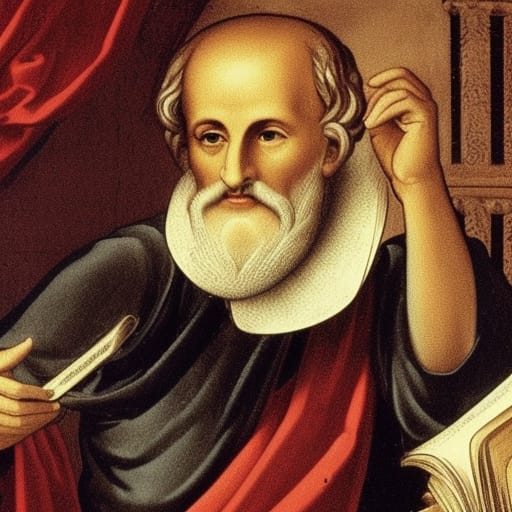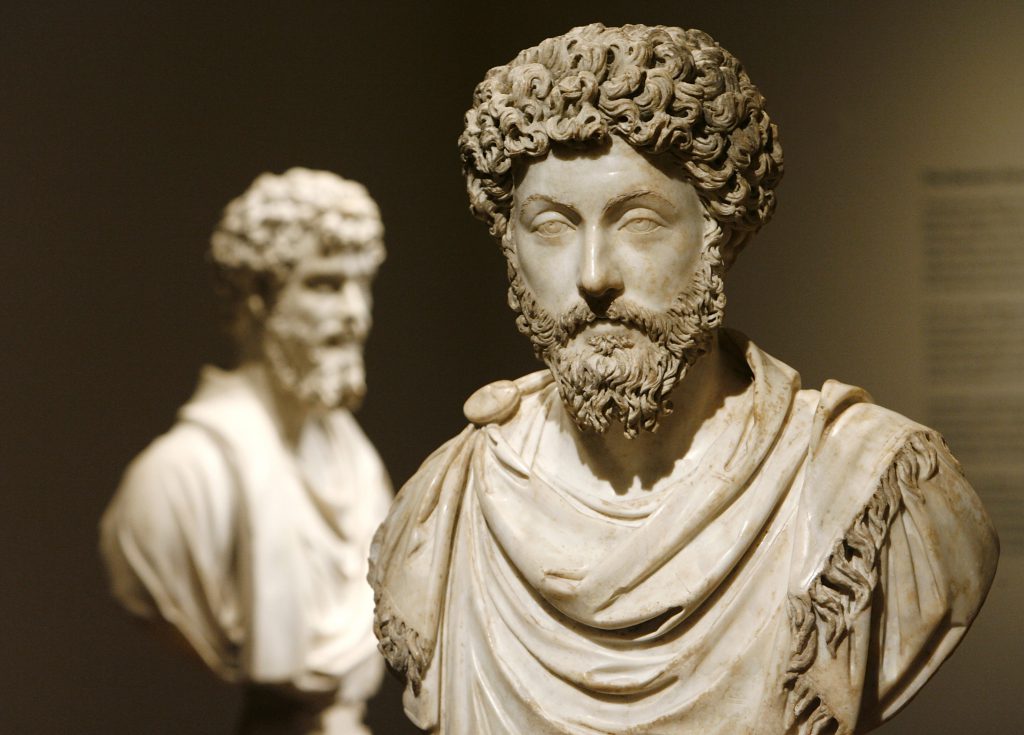Exploring the Limits of Knowledge and Science
Let’s start with a question: are there limits to what we can know and understand? From the ancient Greeks to modern scholars, the pursuit of knowledge has been an essential part of the human story. Science has shaped our understanding of the world in countless ways. This post examines the philosophy and history of science, examining the foundations of scientific knowledge, diverse forms of understanding, and the potential limits of our quest for comprehension.
I. Foundations of Scientific Knowledge
A critical aspect of the pursuit of knowledge is the scientific method. This method involves the systematic observation, measurement, and experimentation of natural phenomena, followed by the formation, testing, and modification of hypotheses. The scientific method has its roots in ancient Greece, where philosophers like Aristotle developed early principles of empirical observation and logical reasoning.
Over time, the scientific method evolved and became more refined. During the 17th century, thinkers like Francis Bacon and René Descartes made significant contributions to the development of modern science. Bacon advocated for the use of inductive reasoning, which involves drawing general conclusions from specific observations. Descartes, on the other hand, championed deductive reasoning, which starts with general principles and uses logic to derive specific conclusions.
The interplay between rationalism and empiricism emerged as a central theme in epistemology and the philosophy of science. Rationalism, represented by philosophers like Descartes, posits that knowledge can be gained through reason alone, independent of sensory experience. Empiricism, associated with thinkers like David Hume, asserts that knowledge arises primarily from sensory experience.
Immanuel Kant, in the 18th-century, attempted to bridge the gap between rationalism and empiricism. He argued that knowledge is a synthesis of both rational understanding and empirical observation. This synthesis forms the basis of modern scientific enquiry, which relies on a combination of logic, observation, and experimentation.
The foundations of scientific knowledge, built upon the ideas of these influential philosophers, have shaped the way we approach the study of the natural world. By using the scientific method, we have been able to make significant strides in our understanding of the universe and its underlying principles. However, as we go deeper into the diverse forms of knowledge and the potential limitations of science, we must also consider the broader implications of these concepts for our understanding of reality.
II. Diverse Forms of Knowledge
In addition to scientific knowledge, humans have developed other ways of understanding the world. These diverse forms of knowledge offer unique perspectives that can complement, challenge, or even transcend the scientific approach.
Intuitive knowledge, for instance, refers to insights gained without conscious reasoning or logical analysis. This type of knowledge is often associated with gut feelings or instinctive reactions to situations. While intuition may lack the rigour of scientific investigation, it can still provide valuable guidance in decision-making and problem-solving.
Artistic knowledge, on the other hand, encompasses the understanding and expression of emotions, ideas, and experiences through creative means, such as painting, music, or literature. Art allows us to explore the subjective aspects of our existence, which may not be easily captured by objective scientific methods. Aristotle, for example, argued that art (and tragedy in particular) through its portrayal of human emotions and actions, leads to a sort of cleansing of the emotions, a process he called catharsis.
About artistic knowledge, Immanuel Kant argued that while art might not provide knowledge in the scientific sense, it offers unique insights into the human condition, while fostering a sense of shared humanity.
Practical knowledge, also known as procedural or tacit knowledge, involves the skills and expertise acquired through direct experience and practice. This form of knowledge is typically difficult to convey in words or formal theories, as it is rooted in hands-on learning and personal experience. Examples of practical knowledge include riding a bike, cooking a meal, or mastering a craft.
In the mid-20th century, British scientist and novelist C.P. Snow argued that the intellectual life of Western society had become divided into two distinct cultures: the sciences and the humanities. This idea, known as the Two Cultures, suggested that the scientific and artistic approaches to understanding the world were fundamentally incompatible. However, this perspective has been challenged in recent years, with figures like Hilary Putnam and Jürgen Habermas arguing that the integration of diverse forms of knowledge can lead to a more comprehensive and nuanced understanding of reality.
III. Limits and Challenges to Scientific Knowledge
Despite its many successes, the scientific method is not without its limitations and challenges. One key concept that has implications for the limits of scientific knowledge is the idea of scientific paradigms, as proposed by American philosopher Thomas Kuhn.
Kuhn argued that science progresses through a series of paradigm shifts, wherein existing scientific frameworks are replaced by new, more comprehensive ones. A paradigm, in this context, refers to a set of accepted theories, methods, and assumptions that guide scientific enquiry within a particular discipline. When anomalies or inconsistencies arise that cannot be explained by the current paradigm, a crisis occurs, prompting the scientific community to search for a new, more adequate framework.
Historical examples of paradigm shifts include the transition from the geocentric model of the universe, which placed the Earth at the centre, to the heliocentric model, which recognised the sun as the centre of our solar system. Another example is the shift from Newtonian mechanics to Einstein’s theory of relativity, which revolutionised our understanding of space and time.
These paradigm shifts illustrate that scientific knowledge is not static, but rather evolves and adapts as new evidence emerges. This dynamic nature of science raises questions about the limits of our understanding, as it suggests that even our most deeply held theories may one day be replaced or refined.
Another challenge to the limits of scientific knowledge comes from the concept of “black swans”, as proposed by Lebanese-American scholar Nassim Nicholas Taleb. A black swan event is a highly improbable, unpredictable, and impactful occurrence that defies our expectations and assumptions. Such events challenge the idea that our scientific models can fully account for the complexities and uncertainties of the real world.
By exploring the limits and challenges of scientific knowledge, we gain a more nuanced understanding of the complexities involved in our pursuit of truth.
IV. Possible Counterarguments
While some argue that there are inherent limits to knowledge and science, others contend that human ingenuity and progress will continually push the boundaries of our understanding. This perspective maintains that as long as we remain curious and committed to scientific enquiry, our knowledge will continue to grow and evolve.
One counterargument to the notion of limits in science is the march of progress. Throughout history, we have seen countless examples of scientific breakthroughs that have radically altered our understanding of the world. From the discovery of antibiotics to the development of quantum mechanics, these advances demonstrate the capacity of science to overcome previously insurmountable obstacles.
Technological advancements also play a crucial role in expanding the scope of scientific knowledge. As technology continues to advance at an unprecedented pace, new tools and techniques become available that enable scientists to investigate previously unexplored areas of knowledge. For example, the invention of the microscope allowed us to study the microscopic world, while advances in computing have facilitated complex simulations and data analysis that were once unimaginable.
As these counterarguments point out, the pursuit of knowledge is not without its challenges and potential limitations. This recognition serves as a reminder to keep a humble and open-minded approach to scientific enquiry, as well as appreciating the contributions of diverse forms of knowledge in shaping our understanding of the world.
V. Contemporary Relevance
The questions surrounding the limits of knowledge and science remain highly relevant in today’s world. As we grapple with complex global challenges and unprecedented technological advancements, it is crucial to consider the role of scientific knowledge in shaping our understanding and decision-making.
One significant development in recent years has been the rise of the internet and social media. These platforms have transformed the way we access and share information, opening up new possibilities for the dissemination of knowledge. However, they have also introduced new challenges, such as the spread of misinformation and the erosion of trust in expert opinion. In this context, the ability to critically evaluate information and distinguish between reliable and unreliable sources becomes increasingly important.
Furthermore, the complexity of modern problems often demands interdisciplinary approaches, which draw upon diverse forms of knowledge and expertise. By integrating insights from various fields, such as the natural sciences, social sciences, and humanities, we can develop more comprehensive and effective solutions to pressing issues. Examples of successful interdisciplinary collaborations include the study of climate change, which combines research from disciplines like meteorology, oceanography, and economics, as well as the field of public health, which integrates knowledge from medicine, epidemiology, and social sciences.
VI. Further Exploration and Suggested Reading
The following key texts and resources will help to illuminate the ideas and debates touched upon in this post, providing a solid foundation for further study and reflection.
- “The Structure of Scientific Revolutions” by Thomas S. Kuhn – In this groundbreaking work, Kuhn examines the nature of scientific progress and the concept of paradigm shifts, offering a thought-provoking perspective on the development and limitations of scientific knowledge.
- “The Two Cultures” by C.P. Snow – This influential essay explores the divide between the sciences and the humanities, highlighting the importance of interdisciplinary collaboration and the potential challenges posed by an increasingly specialised intellectual landscape.
- “The Black Swan: The Impact of the Highly Improbable” by Nassim Nicholas Taleb – Taleb’s book introduces the concept of black swan events, examining their implications for our understanding of probability, prediction, and the limits of scientific knowledge.
- “The Critique of Pure Reason” by Immanuel Kant – In this seminal philosophical work, Kant attempts to reconcile the competing claims of rationalism and empiricism, arguing for a synthesis of reason and experience as the basis of human knowledge.
- “A Brief History of Time” by Stephen Hawking – Hawking’s accessible and engaging exploration of the origins and development of the universe offers a fascinating insight into the nature of scientific enquiry, as well as the potential limits of our understanding of space and time.



